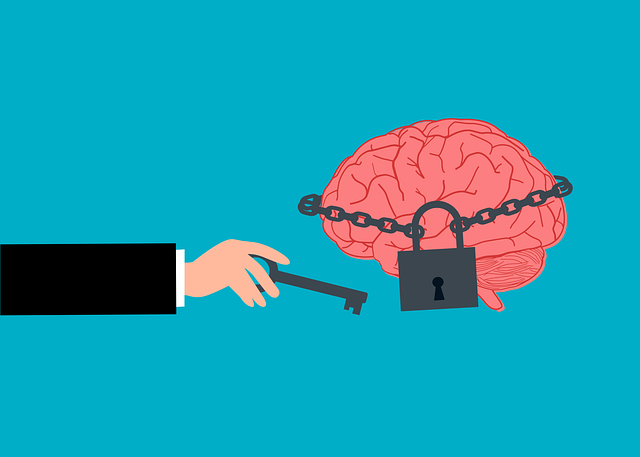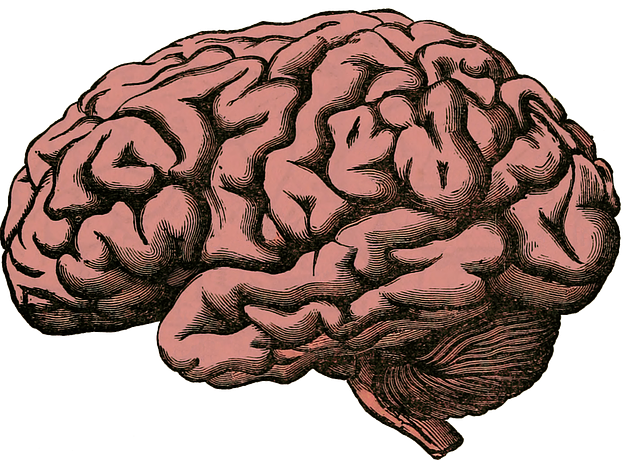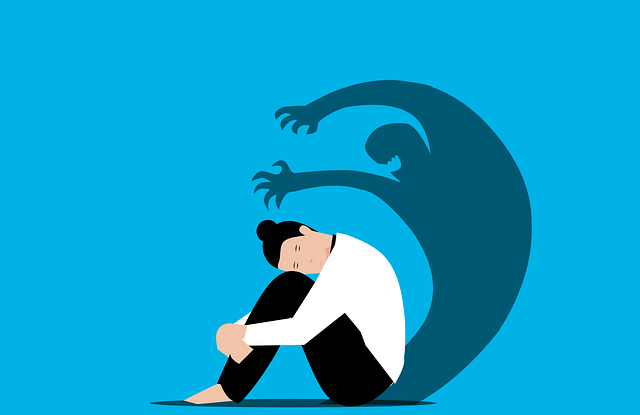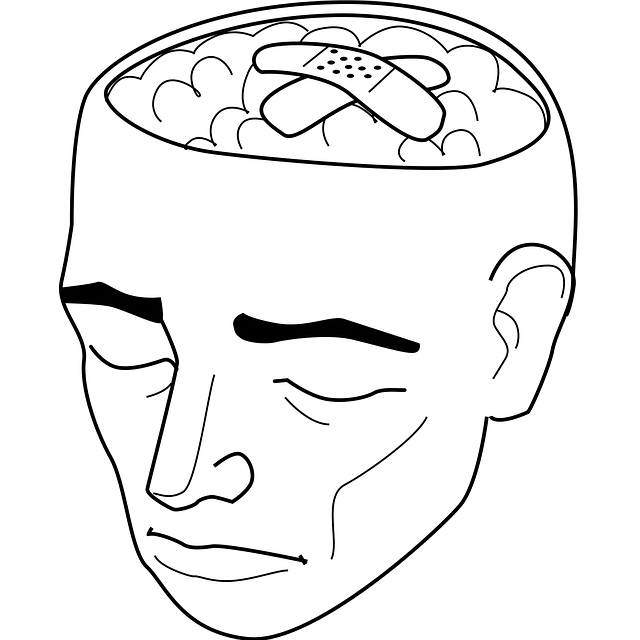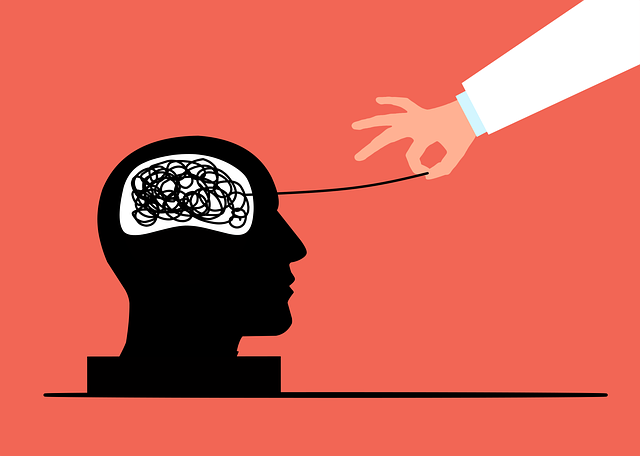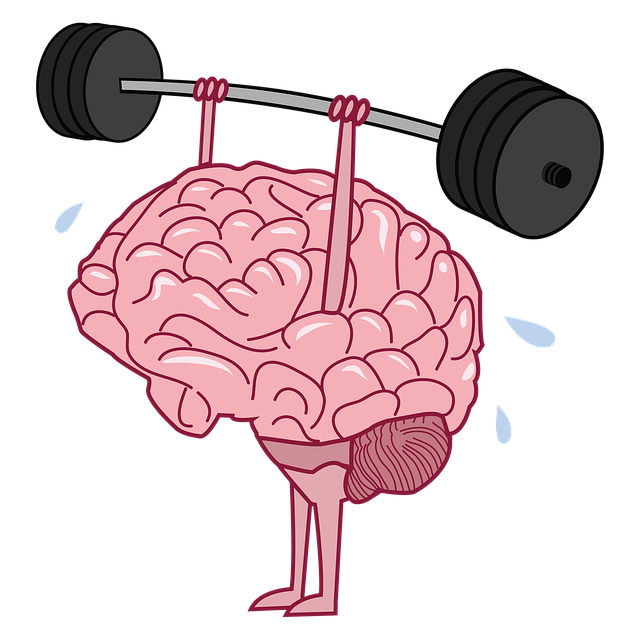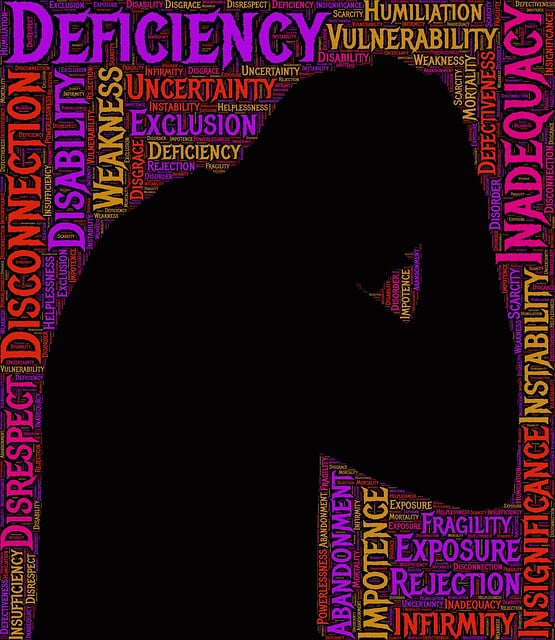Coping skills are essential for managing stress during bariatric evaluations, influencing therapy outcomes. Healthcare providers can use Burnout Prevention Strategies like Mental Wellness Journaling Exercises to offer personalized Golden Bariatric Evaluations Therapy (GBET), fostering resilience. Understanding individual coping mechanisms and addressing cultural barriers is key. GBET combines physical health assessments with psychological support, using techniques like mindfulness and cognitive reframing. Regular journaling and community initiatives reinforce learning, enhancing overall well-being.
Coping skills are essential for managing stress and emotional challenges, particularly in weight loss journeys. This article explores strategies to enhance coping abilities through a comprehensive approach. We delve into understanding the significance of these skills in bariatric evaluations, identifying unique individual mechanisms, and overcoming barriers. Effective therapy techniques are integrated to foster development. Golden Bariatric Evaluations play a pivotal role in tailoring treatment plans, ensuring long-term success by emphasizing practicing and maintaining new coping strategies.
- Understanding Coping Skills and Their Significance in Bariatric Evaluations
- Identifying Individual Coping Mechanisms and Barriers
- Integrating Therapy Techniques for Effective Coping Skills Development
- The Role of Golden Bariatric Evaluations in Personalized Treatment Plans
- Enhancing Long-Term Success: Practicing and Maintaining New Coping Strategies
Understanding Coping Skills and Their Significance in Bariatric Evaluations

Coping skills are adaptive behaviors and strategies that individuals use to manage stress, overcome challenges, and maintain mental wellness. In the context of bariatric evaluations, understanding a patient’s coping mechanisms is golden. It offers valuable insights into their ability to navigate the complexities of weight loss journeys and can significantly impact their overall therapy outcomes.
Effective coping skills are essential for healthcare providers to implement in Burnout Prevention Strategies for Healthcare Providers. By recognizing individuals’ unique approaches to dealing with stress, therapists can tailor Golden Bariatric Evaluations Therapy to address specific needs. This personalized approach enhances mental wellness through tools like Mental Wellness Journaling Exercises, fostering resilience and promoting positive outcomes throughout the bariatric evaluation process.
Identifying Individual Coping Mechanisms and Barriers

Every individual copes with stress and challenges differently. Identifying personal coping mechanisms is a crucial step in developing effective strategies for managing mental wellness. This process involves understanding what works best for each person, whether it’s engaging in physical activity, practicing mindfulness, seeking social support, or employing cognitive reframing techniques. By recognizing these unique mechanisms, individuals can better navigate their emotional responses and cultivate healthier coping habits.
Barriers to effective coping often stem from cultural sensitivities in mental healthcare practice and personal experiences. For instance, some individuals might shy away from discussing emotions due to cultural norms, while others may face challenges related to access or affordability of therapy services, such as Golden Bariatric Evaluations Therapy. Overcoming these barriers requires a holistic approach that considers the interconnectedness of stress management, cultural context, and mental wellness, ensuring tailored support for diverse populations.
Integrating Therapy Techniques for Effective Coping Skills Development

Integrating various therapy techniques is a powerful approach to developing effective coping skills. Golden Bariatric Evaluations Therapy, for instance, offers a unique perspective by combining physical health assessments with psychological support. This holistic method recognizes that emotional well-being and mental wellness are intrinsically linked to overall health. By incorporating Mental Wellness Coaching Programs Development, therapists can guide individuals through personalized journeys of self-discovery, empowering them to manage stress and overcome challenges.
Furthermore, Mental Wellness Journaling Exercise Guidance can be a valuable tool within this framework. Encouraging clients to reflect on their thoughts and emotions allows for better understanding and identification of coping mechanisms that work best for them. Emotional Well-being Promotion Techniques, such as mindfulness practices and cognitive reframing, complement these journaling exercises, enabling individuals to cultivate resilience and enhance their ability to navigate life’s complexities with greater ease.
The Role of Golden Bariatric Evaluations in Personalized Treatment Plans

Golden Bariatric Evaluations play a pivotal role in shaping personalized treatment plans for individuals seeking therapy. These comprehensive assessments go beyond traditional diagnostic methods by delving into various aspects of a client’s life, including their mental health and emotional intelligence. By integrating insights from psychological evaluations with physical well-being, therapists can develop tailored interventions that address both the root causes of distress and specific lifestyle changes required for optimal health.
This multi-faceted approach is particularly beneficial in combating the Mental Illness Stigma Reduction Efforts, as it promotes Emotional Well-being Promotion Techniques that are individualized to each person’s unique needs. By focusing on emotional intelligence and coping skills development, Golden Bariatric Evaluations enable therapists to empower their clients with effective strategies for navigating life’s challenges, ultimately fostering resilience and enhancing overall quality of life.
Enhancing Long-Term Success: Practicing and Maintaining New Coping Strategies

After learning new coping strategies through Golden Bariatric Evaluations Therapy or similar programs, consistent practice is key to enhancing long-term success. It’s not enough to simply acquire knowledge; incorporating these techniques into daily life ensures their effectiveness during stressful situations. Regular self-reflection and journaling can help individuals track their progress, identify areas for improvement, and solidify new coping habits.
Maintaining these strategies requires dedication and patience. Public Awareness Campaigns Development and Community Outreach Program Implementation initiatives can further support mental wellness by fostering a sense of belonging and encouraging open conversations about coping mechanisms. Through ongoing practice and community reinforcement, individuals become better equipped to navigate challenges, leading to improved resilience and overall mental wellness.
Coping skills development is a cornerstone of successful bariatric evaluations, as it equips individuals with the tools to navigate challenges beyond surgery. By identifying unique coping mechanisms and barriers, therapists can integrate tailored therapy techniques to foster effective skill acquisition. Golden Bariatric Evaluations play a pivotal role in this process, offering personalized treatment plans that address individual needs. Ultimately, practicing and maintaining new coping strategies, enhanced by comprehensive evaluations and targeted therapies, significantly improve long-term success for those undergoing bariatric care.
